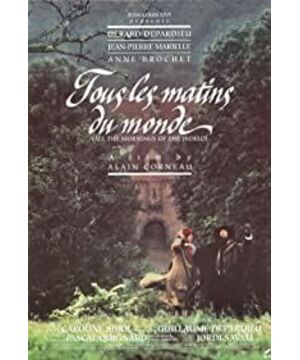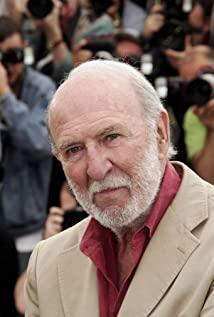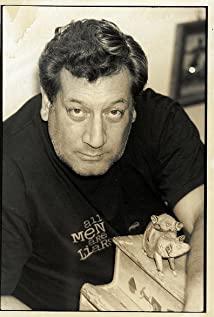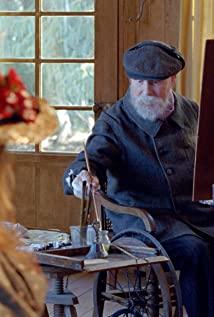Go to read books and watch movies more; go to draw and paint, like a man who is enchanted, and be roasted by the sun all day in the village; carry a camera with you and keep taking pictures, clicking and clicking. . . In life, I hope to use these to build a world composed of words and images, so as to forget all the worries of time. But in this way, will people become stronger or weaker? In the summer of 2004, I watched Pascal Ginia's "Roman Balcony/Every Morning in the World" makes that period of time that was originally trance even more trance. Yu Zhongxian's translation allows unknown text to appear in my reading in an unusually coherent and beautiful form. The fluency of text is very interesting. Some I think it is a frustrating coherence, such as "The Humble Spirit", which continuously and strongly impacts with a proper narrative method, such as the arms of a conductor; some are flowing. It’s as beautiful as string music. I don’t call it the pleasure of reading, but the manoeuvre of reading. This book gives me this feeling, as well as "The Heart is a Lonely Hunter" and "Traveling in Blue ——The Biography of Andersen is also regarded as this by me. The protagonist of "Roman Balcony" is a printmaker. "Every Morning in the World" tells the story of a musician who plays the cello, which was later made into a movie, starring Depardieu, and translated into "Let the Sorrow End Before Sunrise", which is somewhat off-topic. . It was let off by the Central Six before and was highly praised by friends. I finally met it two days ago. I couldn't wait to see it. It was better than expected. The author himself had strong language barriers from childhood to youth. Like the people in the book, he is more proficient in using music, words, or painting. Perhaps it was also the embarrassment and difficulty of feeling instant lyric many times. The image of the lonely person indulged in the world of oneself hangs upside down between the lines in the book. The death of the musician's beloved wife allowed him to escape from the world more completely, composing those mourning songs, "Tomb of Sorrow" and "Karon's Ferry" in the wooden cabin in the woods. . . He strictly requires his two daughters in music, but he can't naturally give his father love. He waited for his wife to appear in the music. In the music he composed to recall her, the music was "a small drinking pool for those abandoned by words. For the ghosts of the children. For the cobblers hammer the hammer." The beating. For the state before childhood. When people have no breath. When people have no light." At night, light up the lights, pour a glass of wine, and put on small cakes. He sat down and began the dance between his fingers. He saw his wife's figure appear opposite, smiling at his performance. He opened his eyes wide, watched desperately, and started to cry. He didn't stop, the melody became richer, and he was already in tears. He never lowered his head, never even blinked, and told her with almost crazy eyes and a melody that instantly produced in his heart. Said to her. This scene made me hardly self-sustaining. I understand that the incident has existed: sometimes an image suddenly pulled out of the air, appeared in front of my eyes, and then disappeared. But did she hear what he said to her in the air? We all think it must be. The kind that has always been more envious of musicians or dancers Express. If the rotation of the instrument in the hand or the body does not stop, can the image be retained, at least for a longer period of time? People will reunite with loneliness. When loneliness turns into loneliness, the feeling of powerlessness and helplessness is strong enough to bring down a person. People who want to ask for help can only turn to their own heart, turning the fear of loneliness into the enjoyment of loneliness. What's interesting is that the literature and art that strengthen the spirit often counteracts the spirit and expands the depth of the spirit. So the help-seekers can only express their emotions, and tears into their eyes. But I don't know that it has already touched interested bystanders. It's a pity that loneliness cannot be exchanged as a gift, after all, each one stays in the corner. Otherwise, the remaining beauty will be difficult to continue. Whether there is a world that can fight against it, I don't know now. Perhaps it was the final reconciliation in music with the opponent and friend like Mr. Saint Cobolon. Maybe the confusion now is just because self-expression is not strong enough. Sometimes I say a lot of things to a person many times in my heart, and if I say too much, I think that person has heard it. Every morning in the world, there is a bitter way home, and those who walk in it stand up their collars and happily reconcile with grief.
View more about Tous les matins du monde reviews











